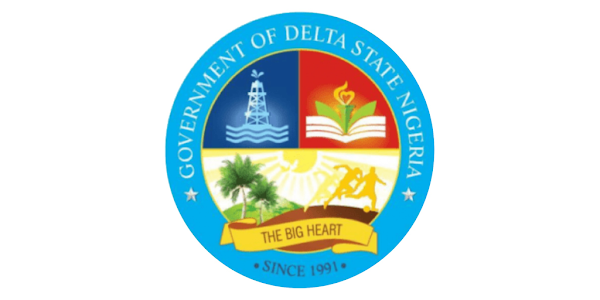BY JUMAI NWACHUKWU/YAKUBU AMAYINDI
THE Delta State Ministry of Health has launched a three-day “Health Systems Strengthening, Capacity Development, and Leadership Training” workshop aimed at improving healthcare delivery and planning across the state.
The workshop, which began yesterday in Asaba, was part of the Nigerian Health Sector Renewal Investment Initiative (NHSRII) and supported by the Sector Wide Approach (SWAP) Coordination Office.
The training targets health managers and medical practitioners, with a focus on reducing maternal, neonatal and under-five mortality through practical skill-building and evidence-based service delivery.
In his remarks, the Commissioner for Health, Dr. Joseph Onojaeme, represented by Permanent Secretary, Dr. Philomena Okeowo, emphasized that the event was more than a typical workshop. “We are here for a transformative process rethinking our approach to mortality and reimagining how we deliver care to our communities,” he said. Dr. Onojaeme called for a shift from outdated practices, highlighting the importance of systems thinking, data-driven decision-making, and community-focused care. The workshop features hands-on training in bottleneck analysis and the use of a new web-based AOP tool that integrates priority setting, budgeting, and performance tracking.
The commissioner also noted ongoing efforts to upgrade health infrastructure, including the renovation of over 150 primary health centres and 25 comprehensive emergency obstetric and neonatal care (CEmONC) facilities. Other initiatives, according to him, include increasing the recruitment and training of health workers, upgrading diagnostic equipment such as CT scanners, and strengthening the supply of essential medical commodities.
He urged participants to fully engage in the sessions, stating that the outcomes of the workshop will shape key strategies for improving maternal and child health in the state. Also speaking at the event, a representative of the World Health Organization (WHO), Dr. Moisule Hussaini Ganga, described the training as a strategic investment in frontline health leadership. “This isn’t just routine, it’s about empowering the very people who turn policy into action,” he said, encouraging the participants to contribute actively and bring their insights to bear on improving healthcare delivery in Delta State.


